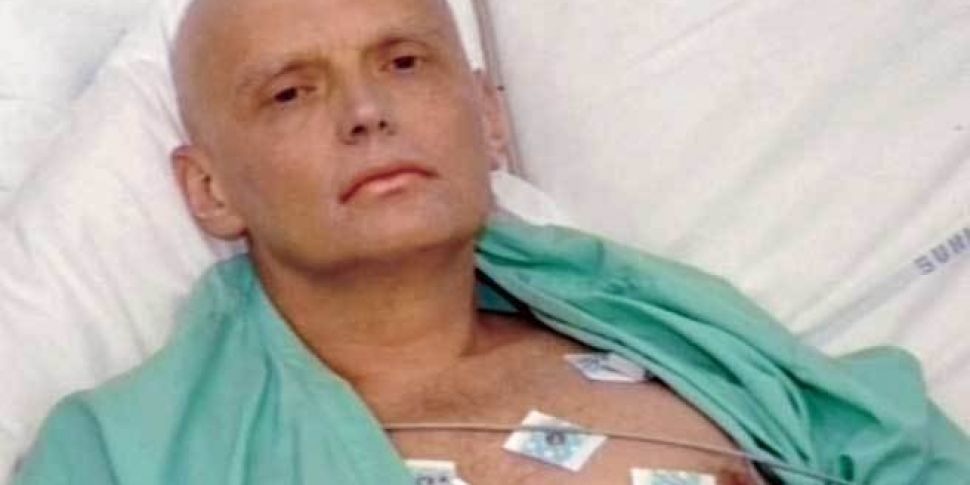The widow of poisoned ex-KGB spy Alexander Litvinenko says she is "relieved and delighted" that there will be a public inquiry into his death.
Marina Litvinenko said the announcement by the British government there would be a full investigation into the mysterious circumstances surrounding his death sent a message to his killers that "no matter how strong and powerful you are, the truth will win out in the end".
The UK Home Secretary Theresa May outlined the terms of the public inquiry in a written statement.
Investigators will now be able to examine whether his killing was a Russian state-ordered assassination, as has been suggested.
Mr Litvinenko was poisoned by a cup of tea laced with the deadly radioactive element polonium-210 during a meeting at a London hotel in 2006 with two former Russian agents. He died three weeks later.
Mrs Litvinenko has fought for a public inquiry into his death ever since, but the British government refused on the grounds it wanted to wait for the outcome of an inquest into his death.
Mrs May said in her statement "I very much hope that this inquiry will be of some comfort to his widow".
The Litvinenko affair has caused significant diplomatic ructions between Britain and Russia. Police have asked for the arrests of two prime suspects - Andrei Lugovoi and Dmitri Kovtun - but the Kremlin has refused.
Frayed tensions between UK and Russia
The announcement of an inquiry could not have come at a worse time for the increasingly frayed relationship between Britain and Russia as tensions intensify over Vladimir Putin's handling of the Ukraine air disaster.
Mr Litvinenko fled Russia in 2000 and was granted asylum in Britain. His widow claims he was working for MI6 at the time of his death after meeting Mr Lugovoi and Mr Kovtun at the Millennium Hotel in London.
Last year, Robert Owen - who was conducting the inquest and would now chair the inquiry - said he could not hold a "fair and fearless" investigation into Mr Litvinenko's death because the government refused to release information on Russian and British intelligence involvement.
He had said a public inquiry would be the best way to proceed.
Mr Lugovoi, who is now a Russian MP, withdrew his cooperation with the inquest in 2013, accusing the UK government of a cover-up.
He has always denied murdering Mr Litvinenko, but has admitted meeting him shortly before his death - however, traces of radiation at key locations on his route from Moscow to London were found.









